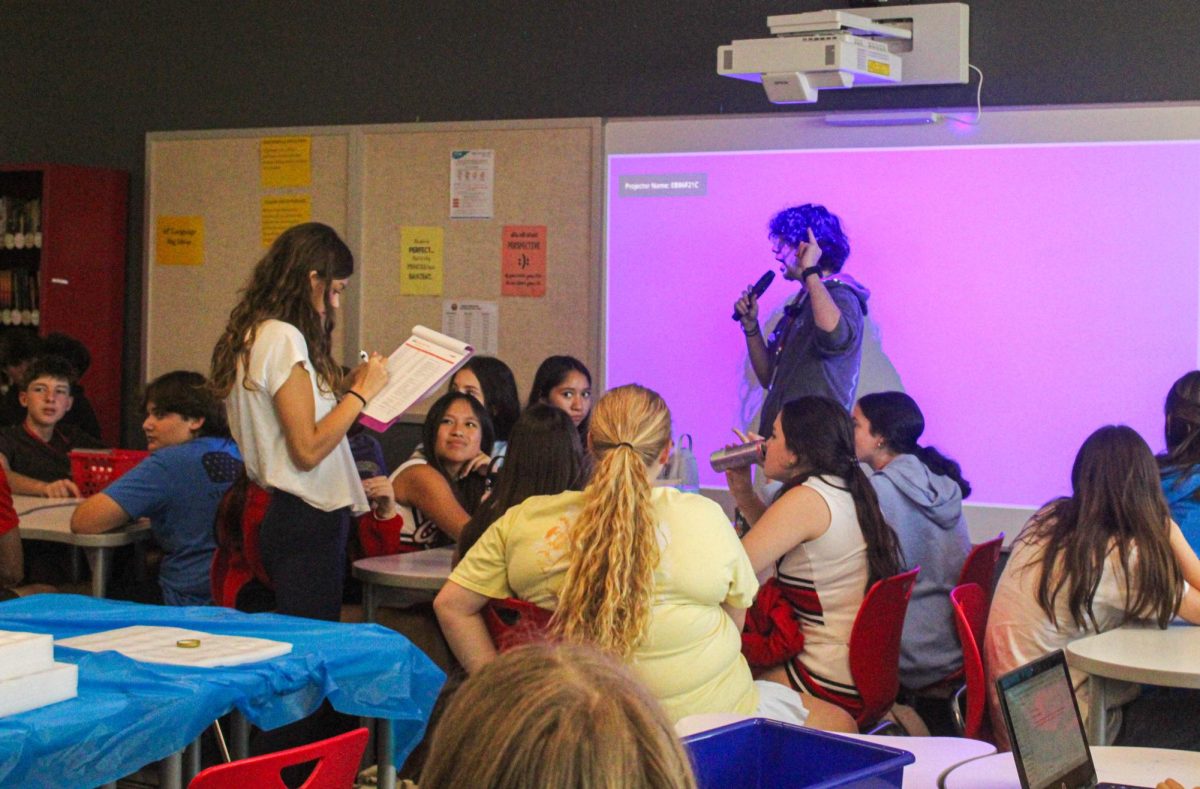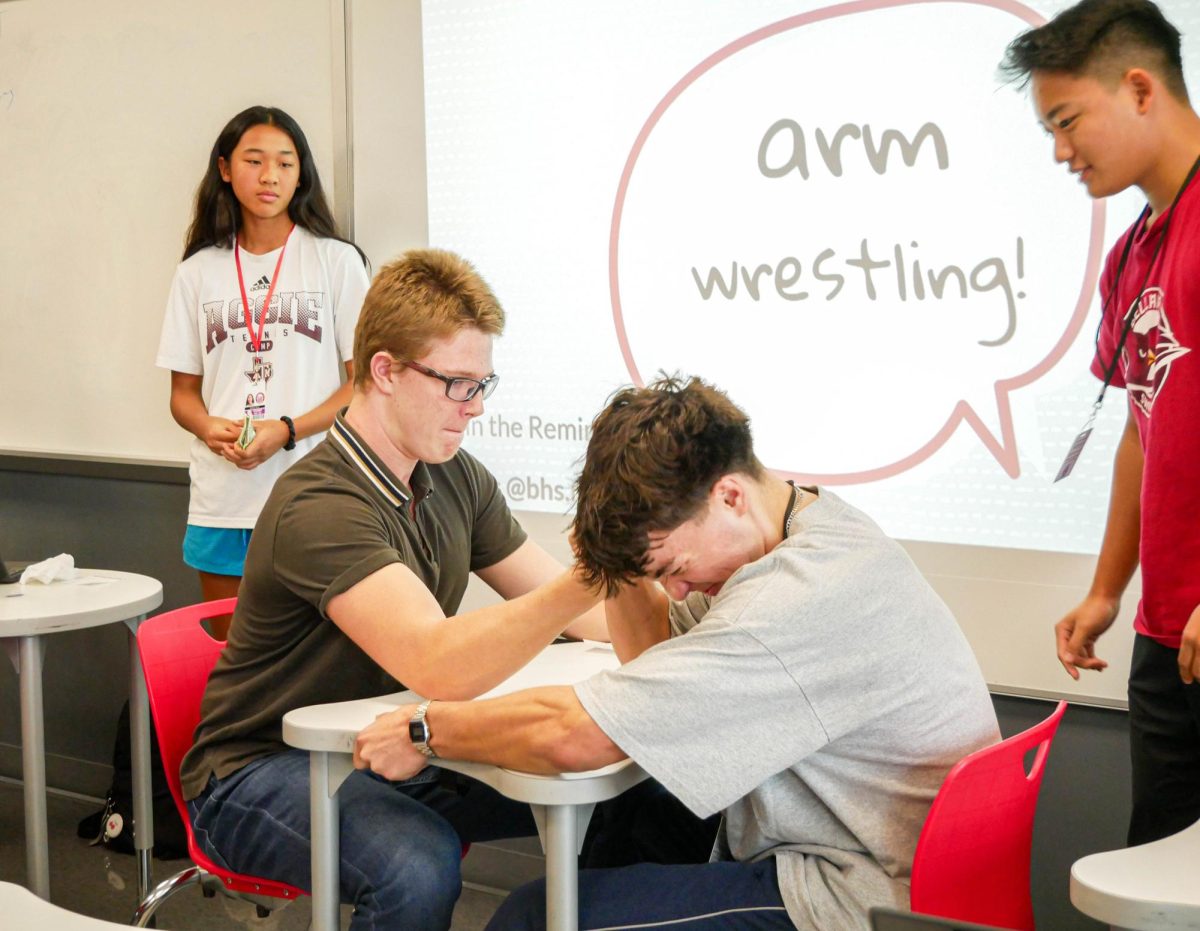Senior Nathaniel Allen was accepted to Northwestern via early decision. He’s not the only one.
Allen is one of 1,000 Bellaire students who have been accepted into college since Jan. 14, according to college access coordinator Jasmine Thomas.
Last school year, 24 Bellaire students applied early and six were accepted. Thomas said she believes that this year will be even better for early decision admissions.
“Students are actually getting accepted ED, and we haven’t even had regular decisions yet, so it’s looking pretty positive for students,” Thomas said. “It just means that their hard work is paying off and schools are paying attention.”
Early decision means students apply early to a college to show interest in that particular school and if admitted, they are required to attend. Thomas plays a major role in helping students navigate this process.
Thomas, along with the rest of the college center team, submits transcripts and school reports, ensures teachers submit recommendations, writes counselor recommendations and helps with applications and essays.
Thomas also helps students by providing professional insight into the college admissions process. According to Thomas, it’s a myth that applying ED makes it more likely for a student to get accepted, but there are still pros and cons to applying early decision.
“The biggest positive is that you are accepted into your number-one school of choice,” Thomas said. “A disadvantage is that you are accepted to go to a university and you have to withdraw all your other applications. So even if another school offers you more money, you have to go to the school that accepted you for ED.”
Senior Alen Polatbekov was accepted to his first choice school, Northwestern University, via early decision.
“Honestly, I knew getting to Northwestern would be kind of a long shot, but I wanted to apply early because it’s the school I wanted to go to above anything else,” Polatbekov said.
For students considering early decision, there are important choices to make. With more students applying ED this year, the process is more stressful. Thomas encourages students to make sure the school they ED to is a school they want to attend as well as a school they have a good chance of getting into.
“Talk to your parents about the finances,” Thomas said. “Look at the acceptance rate at the region and state that you come from. Look at the acceptance rate within each major, so you can see your likelihood of being accepted.”
When Allen applied to Northwestern, the higher chance of getting in outweighed the fact that he wouldn’t know his financial aid status.
“Early decision is more of a gamble because once you are accepted, you don’t know anything about the financial aid you might receive,” Allen said. “But I also feel like it shows your commitment to that school, and specifically for Northwestern, they admit a high amount of their early decisions so I thought I’d have a pretty good chance.”
Committing to a school via early decision also required more than financial considerations for Allen.
“Of course, I was nervous applying because college is nerve-wracking,” Allen said. “Despite all of the research you may do into a school, you’re of course not going to know everything. So for me, I started doomsday thinking, like, ‘What if the people are not as nice as people say?’ and just psyching myself out over it. All those types of thoughts were going through my head, but I think you need to trust your gut whenever you’re thinking that.”
Allen knew the college counselors were there to support and help him through the early decision process.
“It’s just the fact that [the college counselors] know your name,” Allen said. “At a school as big as Bellaire, the fact that they know each person’s name makes a huge difference. It might seem simple, but the fact that they can say, ‘Hi Nathaniel, how are you doing?’ and all of that. You can go in there just to talk about college stuff, and that’s how you know they aren’t just doing their job but also have fun and appreciate the work that they are doing.”
Thomas looks forward to hearing good news from the students she helps.
“It is the best feeling in the whole world,” Thomas said. “It gives you your why. It shows proof that our job is a benefit to these kids. It makes us feel accomplished.”


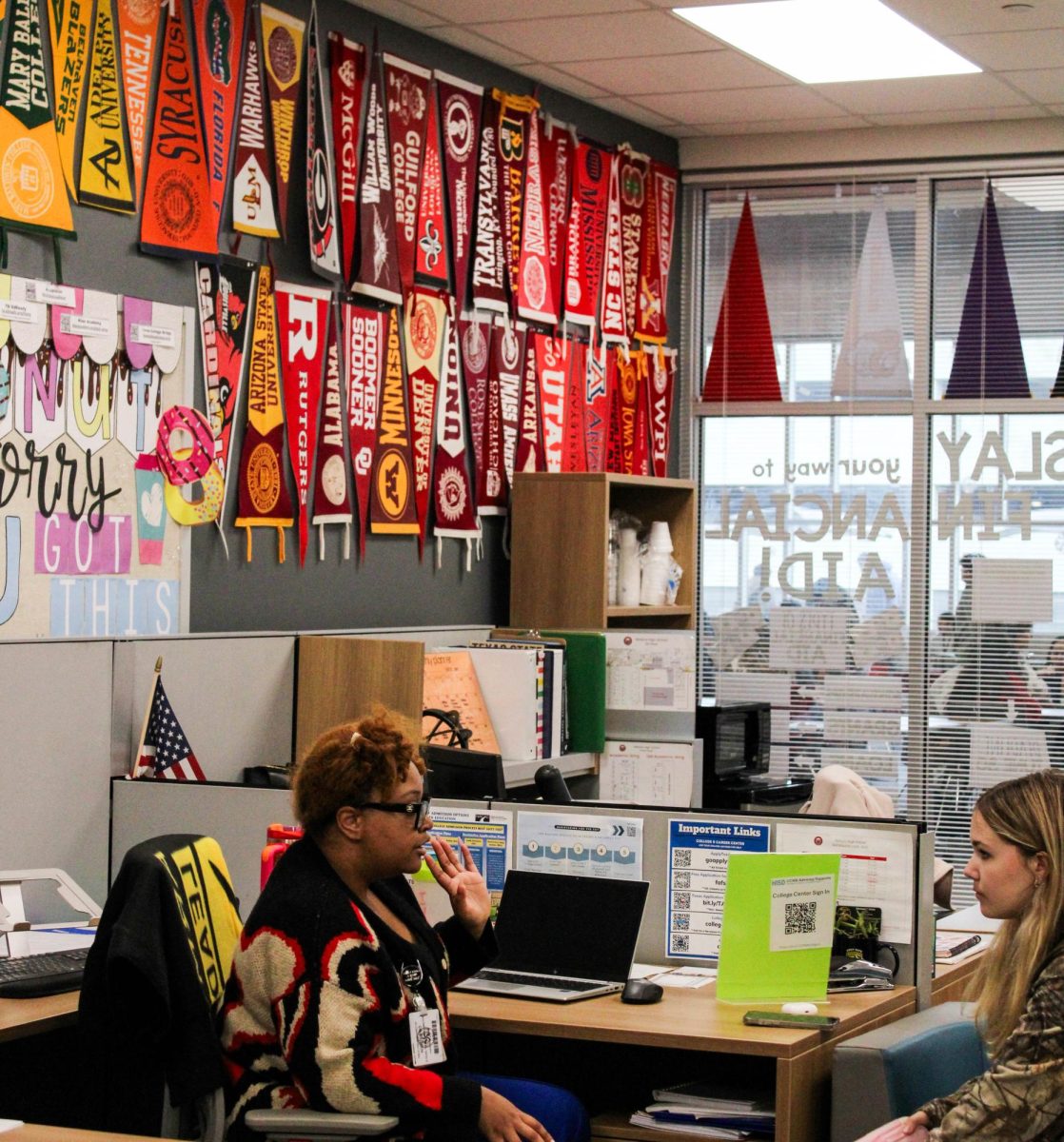
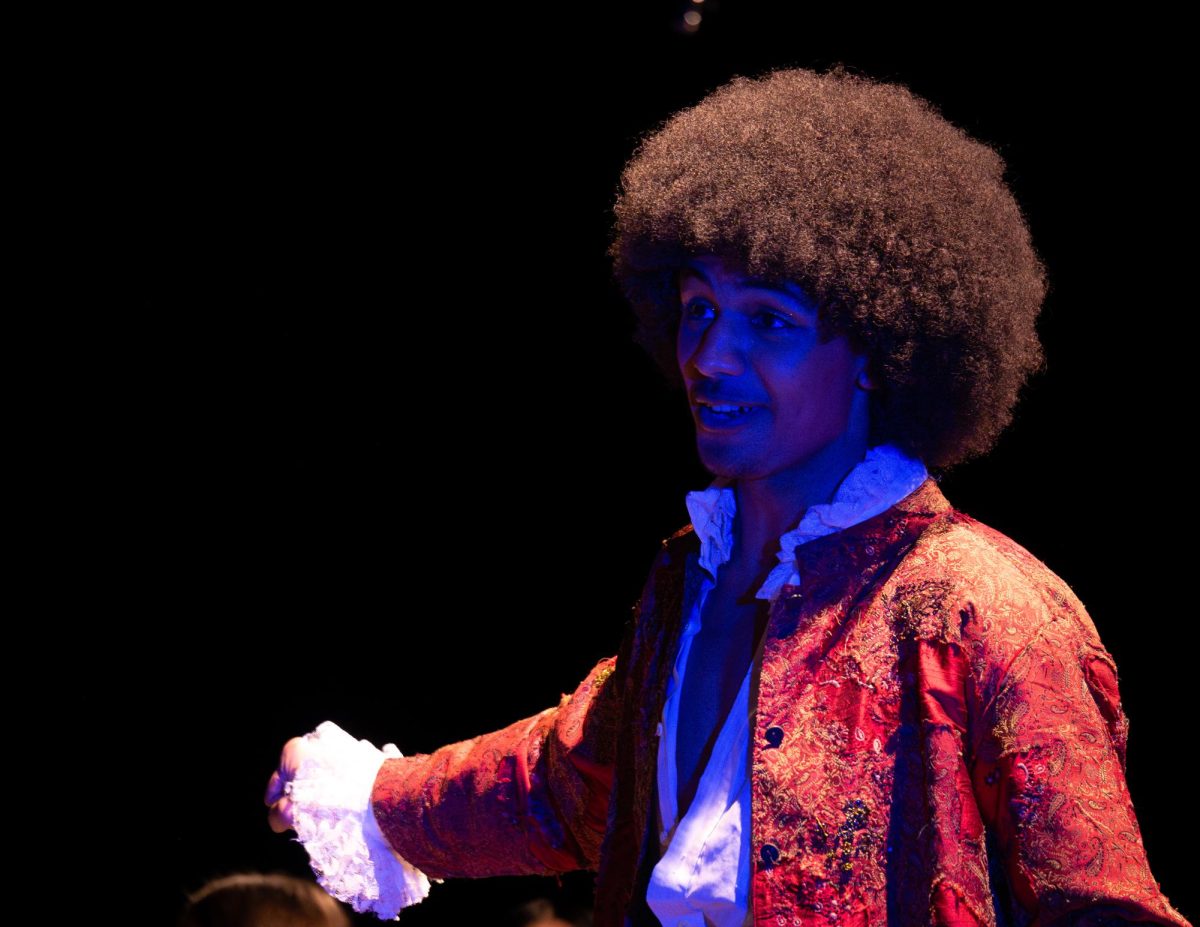
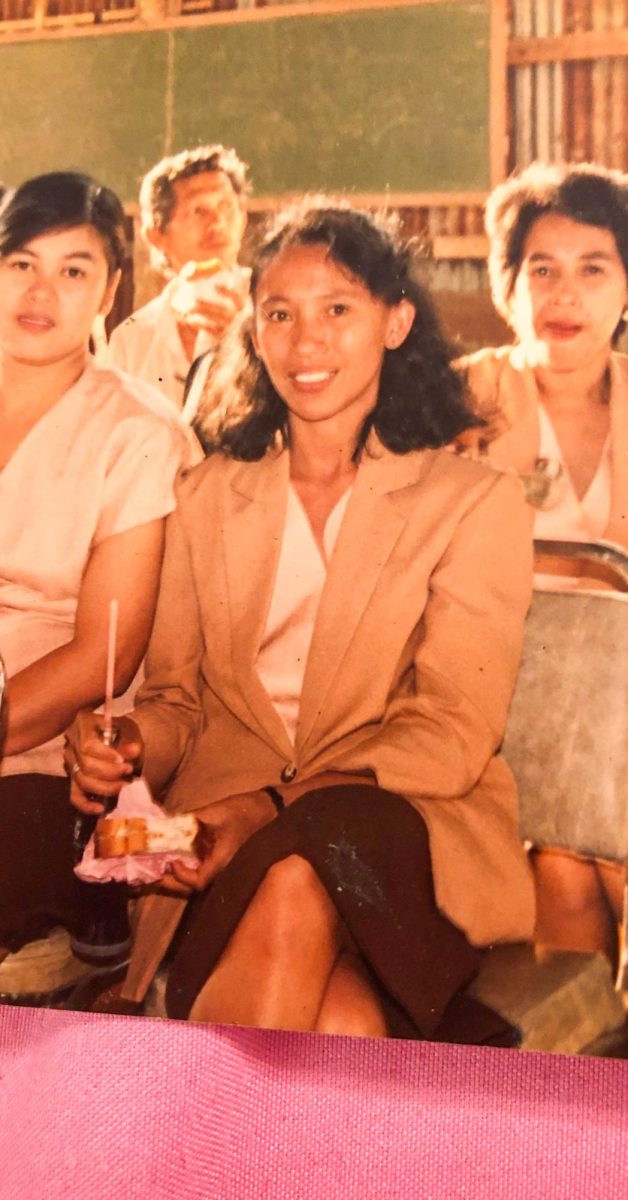






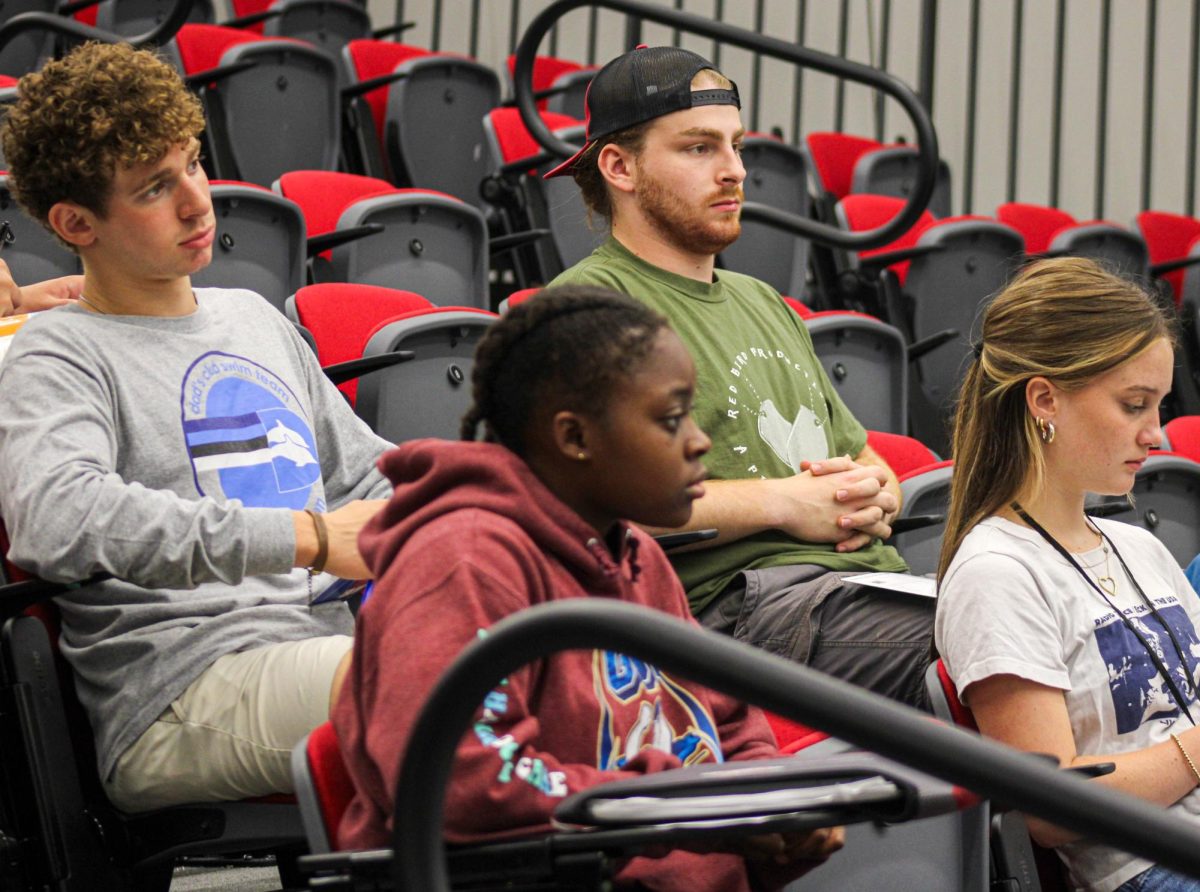
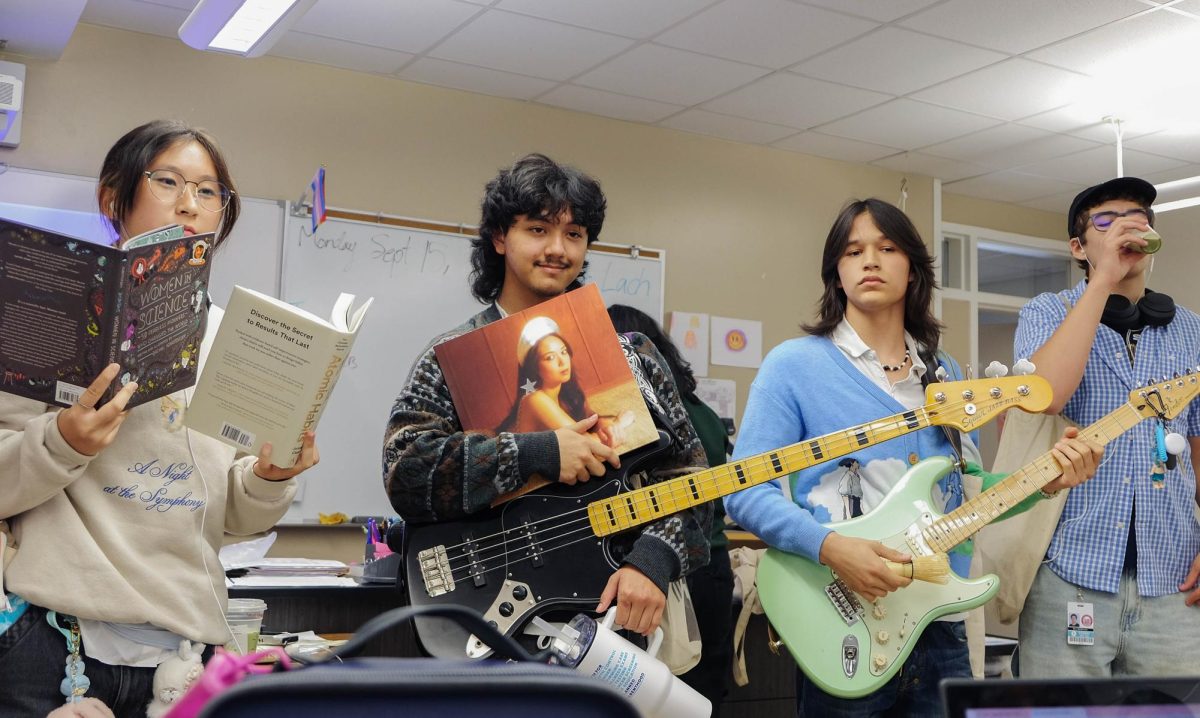
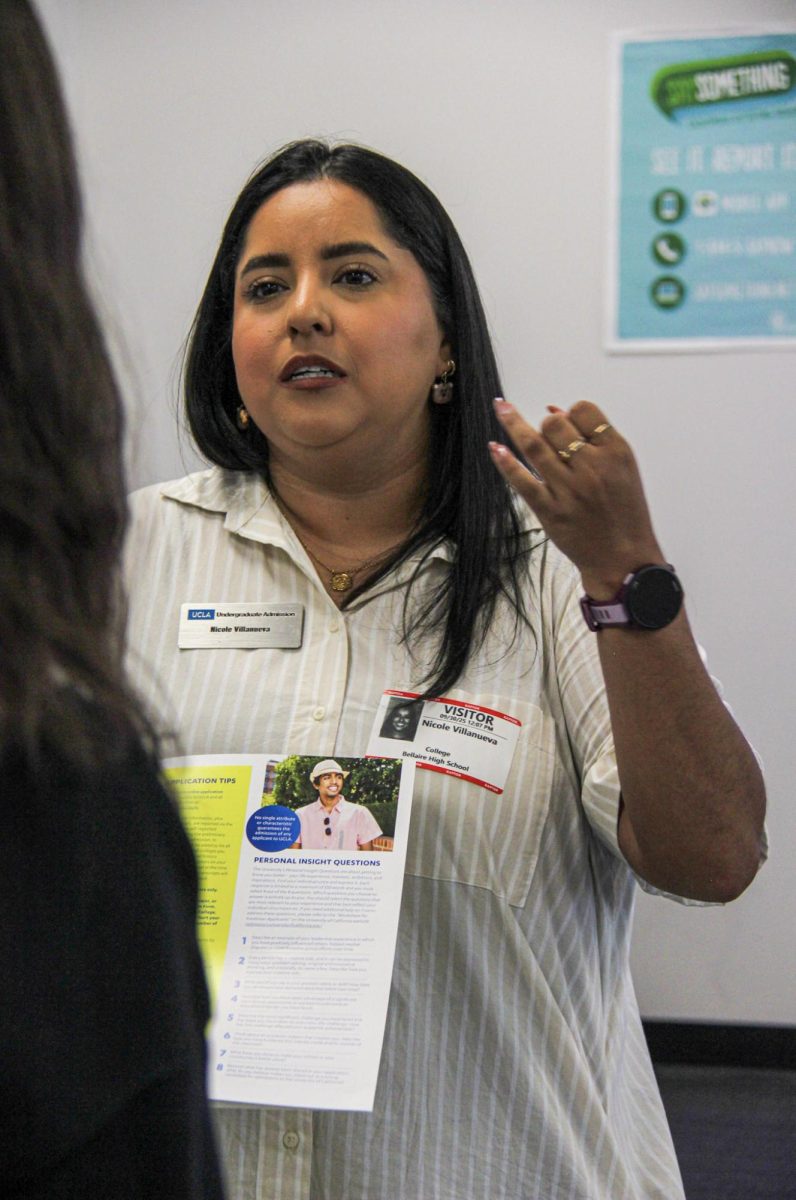
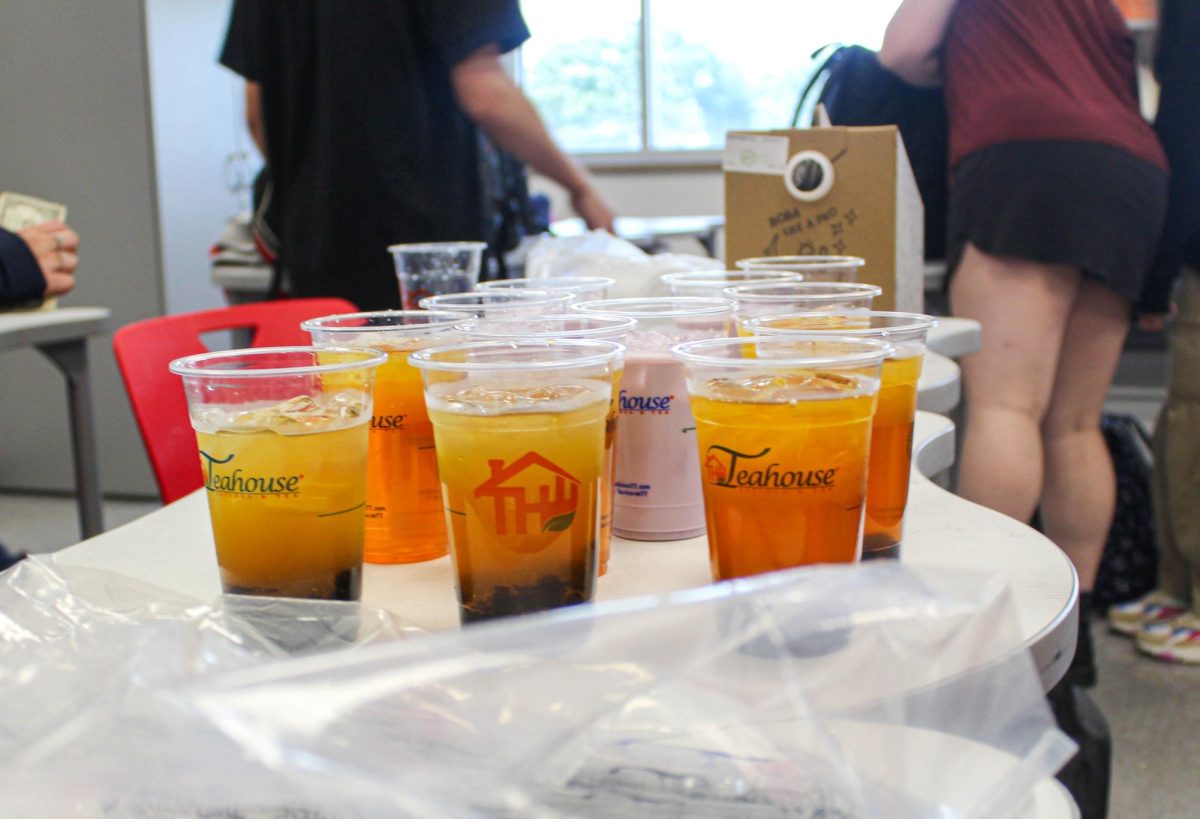
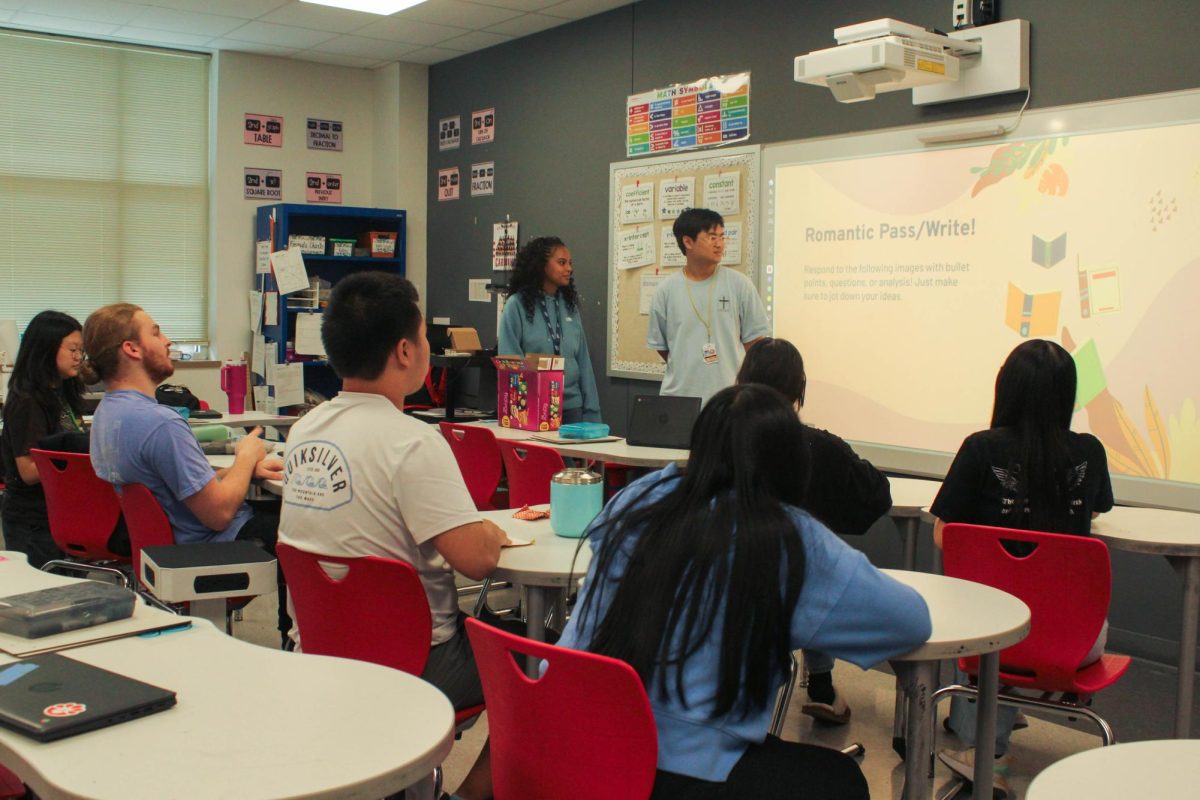
![Forensic Science Club focuses on pathology during the weekly lesson. “[Foresnic Science] gives [students] a chance to see how biology, chemistry, and critical thinking skills can be applied outside the classroom in meaningful and exciting ways,” Sarah Shado said.](https://threepennypress.org/wp-content/uploads/2025/09/Uo2aPWl1GHCPLhf9CCfWbyNJ7Uect9NKEqwaJP0I.png)
